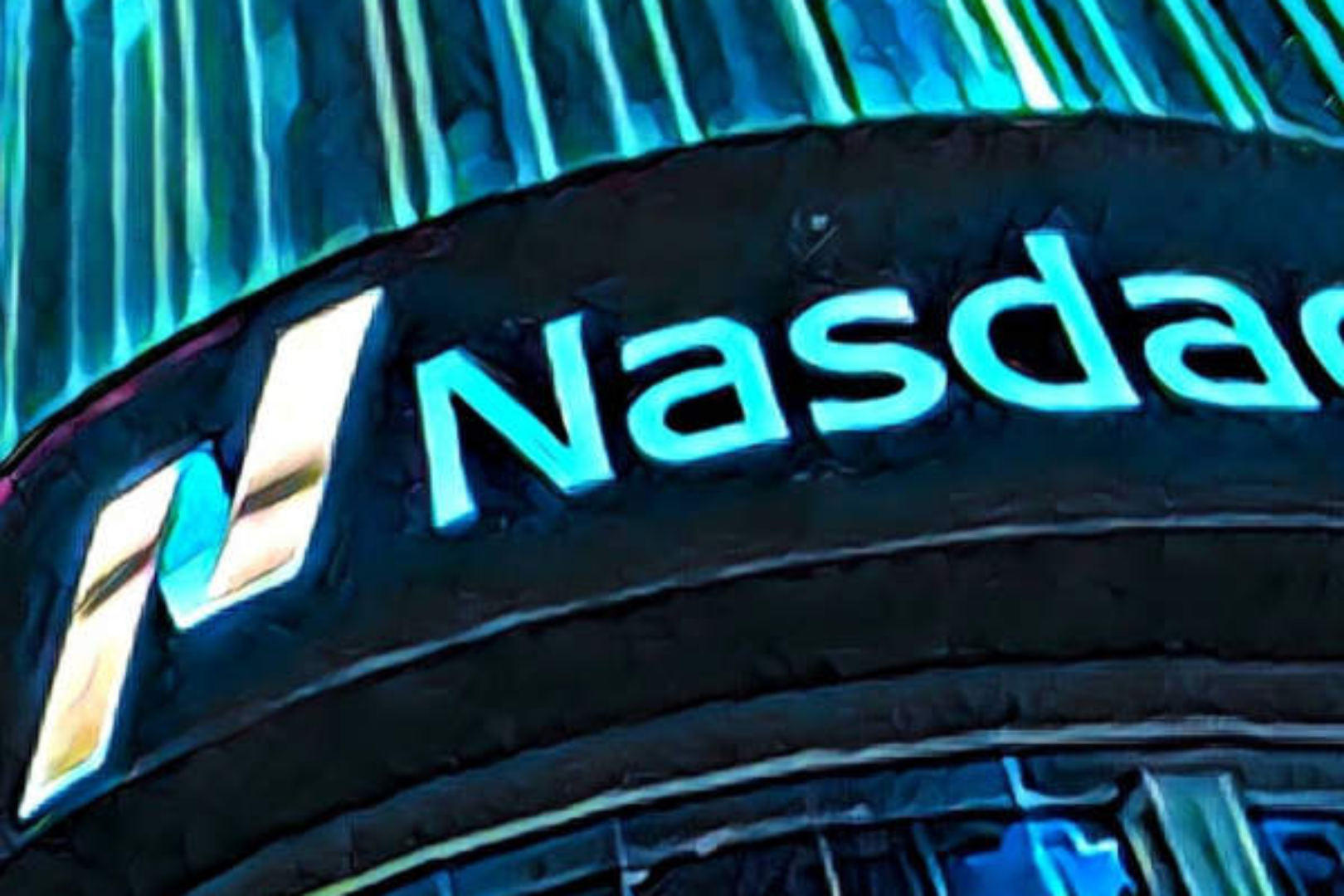Original author: Lin Wanwan
Original Editor: Jack
In the crypto world, the most resounding news isn’t the fanfare surrounding transactions, but the connections that allow $9 billion to be quietly pocketed.
In July 2025, 80,000 Bitcoin addresses, dormant for 14 years, suddenly shipped out, marking one of the largest notional Bitcoin transactions in history. A transfer of this magnitude should have triggered a 30% market drop, but the reality was that there was no major flash crash, no panic, and these Bitcoins were quietly absorbed by the market.
The market quietly scooped up $9 billion in chips. The operator wasn't an exchange or a hedge fund, but a relatively unknown Wall Street player: Galaxy Digital.
During the Q2 earnings call on the evening of August 5th, someone asked the CEO: How did you secure a client who wanted 80,000 BTC? Was there a formal bidding process?
The CEO replied nonchalantly, "For this order, the relationship is more important than the price."
Not only that, the BNB Treasury company personally run by the richest Chinese man CZ also quietly poached former Galaxy Digital co-founder David Namdar as CEO.
Who is behind Galaxy Digital? What kind of political and business connections have they mobilized to pull off these epic deals? And what new power structure is this network of connections shaping in the crypto world?
Top-level "friend circles": Political capital in the boardroom
The key to this deal lies not in the offer on the stage, but in the connections behind the scenes - everything points to an old Wall Street man.
The founder, Mike Novogratz, who was 56 years old at the time, was a typical "Made in Wall Street" person.
He spent 11 years at Goldman Sachs, starting on the Southeast Asia futures desk and ultimately becoming a fixed income partner. At the time, Novogratz was one of the very few individuals who could navigate the complexities of macro trading, asset portfolios, and national policy.
He subsequently joined Fortress Investment Group, where he led macroeconomic investment strategies and was one of the earliest key figures within the group to bet on emerging markets and sovereign debt. During that time, he frequently visited policy institutions, central banks, and market departments in Latin America, Asia, and Eastern Europe, negotiating bond issuance and exchange rate policies with local governments. He gained a deep understanding of the gray area between leverage and sovereignty.
From 2012 to 2015, he served as a member of the New York Federal Reserve's Investment Advisory Committee, directly participating in policy consultation, monetary mechanism research, and financial institution assessments. This gave him a rare "dual capability"—an understanding of derivatives trading and the language and rhythm of regulators.
This is a man who has been dealing with the intersection of political power, Wall Street capital and information for more than ten years.
As early as 2013, he invested heavily in Bitcoin and Ethereum with his own funds, totaling approximately $7 million. In 2017, he publicly stated in an interview with CNBC: "In the past two years, I have made more than $250 million from crypto assets."
But he wasn't a crypto native, nor was he a typical speculator. His true turning point came in 2015—that year, he withdrew from the fortress after suffering losses from his heavy investments in the Brazilian interest rate market, temporarily retiring from frontline investment. It was during that "window period" that he first seriously examined Bitcoin and redefined his understanding of money, credit, and financial infrastructure.
But Novogratz, like many early crypto evangelists, didn't stop at simply "holding Bitcoin." His ambition was to establish a new "financial system design" for the on-chain world. He said, "I saw a systemic void—the crypto world was becoming increasingly liquid, but without structure."
In his view, the entire chain of traditional finance, including asset management, market making, clearing, ETF custody, PIPE financing, audit disclosure, and regulatory lobbying, has virtually no equivalent in the crypto world. This represents an "institutional wasteland" in urgent need of reconstruction.
Galaxy Digital was born in this structural crack.
In 2018, Novogratz invested $350 million of his own money and successfully went public through a backdoor listing of Canadian shell company Bradmer Pharmaceuticals, becoming the first crypto-finance platform to offer full-stack services to institutions. This company was designed to be a "Wall Street version of an on-chain investment bank."
However, Galaxy Digital's journey from the Canadian exchange to Nasdaq took a total of 1,320 days, nearly four years. During this time, the company underwent nine rounds of feedback from the SEC, numerous legal reviews, and invested over $25 million to meet compliance requirements. Amidst a regulatory winter that saw the entire crypto industry facing obstacles and frequent overseas expansion, Galaxy persevered.

It's not a trading platform or a venture capital firm, but rather a "financial structure service provider" in the crypto space. He designed Galaxy Digital as "Wall Street's version of Goldman Sachs on-chain." Its structural design is replete with the hallmarks of his Wall Street roots:
The service list is benchmarked against Goldman Sachs: covering asset management, market making, OTC trading, proprietary investment research, risk management, and financial advisory; the transaction structure is benchmarked against Citadel: supporting dark pool matching, low-latency derivatives systems, and connecting with ETF liquidity; the policy path is benchmarked against Brookings: setting up a policy research team, writing reports, participating in hearings, and entering the regulatory sandbox; the compliance path is benchmarked against Deloitte and EY: creating a "digital asset legal packaging system" that supports financial reporting and audit disclosure.
At the core of all this is the "political and business circle of friends" built by the Galaxy board of directors.
Among the board members of Galaxy Digital is Tyler Williams, formerly the Deputy Assistant Secretary of the U.S. Treasury Department. In 2025, he was seconded by the current Treasury Secretary as a special advisor on digital assets. He can translate cryptographic language into regulatory language and is an important bridge for Galaxy to communicate with institutions such as the SEC, CFTC, and FASB.
Doug Deason, a board member, is one of the most influential real estate and energy lobbyists in Texas. He has been involved in promoting numerous legislation related to mining farms, electricity prices, and taxes, and was a key figure behind Galaxy's successful conversion of a Bitcoin mine into an AI computing center.
This structure where "policy-capital-technology" converges gives Galaxy the "policy influence capability" that is extremely rare among crypto companies.
In the new financial structure he has built, Galaxy not only engages in trading and asset management, but also serves as a "legal electricity" service provider for traditional companies to enter the on-chain world.
Compared to CZ's extreme operational prowess and SBF's aggressive capital management, Mike Novogratz is a different kind of founder. He never emphasizes "decentralization" but rather "structural arrangements." He also never uses coin price as the sole metric, focusing more on ensuring that privacy, regulation, systems, finance, custody, and compliance are truly established.
This also explains why, although Galaxy is not the strongest in terms of traffic, it was the only player that could take the large order, complete the liquidation, and reassure the counterparty in the silent transaction of 80,000 bitcoins.
Many people think that Galaxy Digital’s moat is capital, but its real advantage lies in its political and business sense.
The Bankers Behind the Crypto Treasury
80,000 bitcoins are just a corner of this network of relationships. Companies represented by CZ, the richest Chinese man, have also begun to use Galaxy Digital as a "political passport" to compliance.
By mid-2025, a new mainstream narrative in the US stock market had quietly emerged: cryptocurrency stocks. The US stock market was undergoing a capital "rebranding" operation: BTC and ETH were being incorporated into publicly traded companies, allowing crypto assets to enter Wall Street under the guise of financial reports.
But before the end of 2023, this was still considered a "forbidden zone" in the capital market.
It was difficult for American companies to legally hold cryptocurrency because their financial systems couldn't handle it. Under FASB accounting standards at the time, crypto assets like Bitcoin could only be recorded as "intangible assets"—a decrease in price was subject to impairment, while an increase in price wasn't recognized as income. This severely distorted company financial reports and made it difficult to pass audits.
For example, if you bought 10,000 ETH, if it dropped, you had to immediately record the loss, but if it rose, you ignored it and didn't count it as profit. This made corporate financial reports look awful and audits cumbersome. FASB's new regulations, which require fair value accounting starting in fiscal year 2025 and count gains as gains, truly opened the way for "compliant" coin holdings.
Galaxy was one of the first service providers to enter the market and bring a group of listed companies into the market legally.
The first to sense the opportunity were a group of ETH whales. They quietly packaged their ETH into US shell companies, using the liquidity of US stocks to cash out without disrupting the market. SharpLink Gaming was a leader in this "cash-out" scheme.
Soon, the richest Chinese man CZ also followed suit - he stuffed his company's platform currency BNB into a US-listed company, used a shell company, packaged it, and listed it, turning the platform currency into a compliant asset and then entering the capital valuation system.
Behind this series of operations, Galaxy Digital has quietly surfaced - it is the consultant for the entire script.
It tailors a "crypto treasury" narrative plan for these companies: from OTC position building and asset custody to compliance disclosure and pledge income, every step cannot bypass the political and business channels it has built, and every step is precisely in the gray area between regulatory blind spots and capital leverage.





